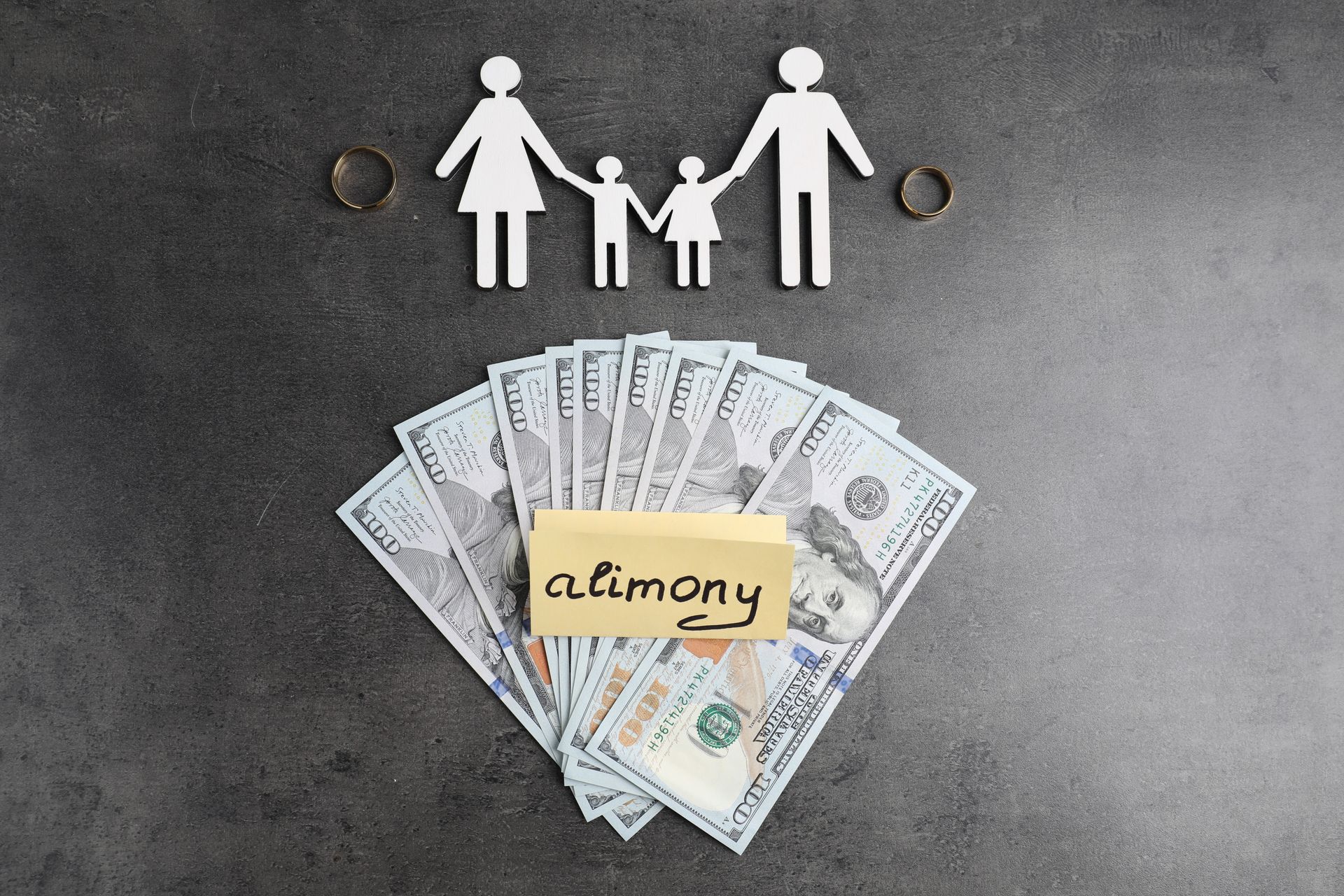Understanding Chapter 13 Bankruptcy and How Jason Ward Law Can Help
If you are facing financial struggles, you may be considering filing for bankruptcy. One option that may be available to you is Chapter 13 bankruptcy. But what exactly is Chapter 13 bankruptcy and how does it work? How is it different from Chapter 7 bankruptcy? In this blog post, we will explore the ins and outs of Chapter 13 bankruptcy and discuss the benefits of filing for this type of bankruptcy. Additionally, we will introduce Jason Ward Law, a trusted law firm that can assist the Upstate South Carolina public with all their bankruptcy matters.
Chapter 13 bankruptcy, also known as reorganization bankruptcy, allows individuals with a regular income to create a repayment plan to pay off their debts over a period of three to five years. This plan is approved by the court and typically involves consolidating debts into one monthly payment that is more manageable for the filer. Unlike Chapter 7 bankruptcy, which involves liquidating assets to pay off debts, Chapter 13 allows individuals to keep their property while catching up on past due payments.
One key difference between Chapter 13 and Chapter 7 bankruptcy is the eligibility requirements. To qualify for Chapter 7 bankruptcy, individuals must pass a means test showing that their income is below a certain threshold. In contrast, Chapter 13 does not have strict income requirements but instead requires filers to have enough disposable income to make monthly payments towards their debts. Additionally, while Chapter 7 typically takes a few months to complete, Chapter 13 lasts several years as filers work through their repayment plan.
There are several benefits to filing for Chapter 13 bankruptcy. One major advantage is the ability to stop foreclosure proceedings and catch up on mortgage arrears through the repayment plan. Additionally, individuals can often reduce or eliminate unsecured debts such as credit card bills or medical expenses. Another benefit is the opportunity to restructure secured debts like car loans or tax debt, potentially lowering interest rates or extending repayment terms.
At Jason Ward Law, our team has experience in helping individuals navigate the complexities of bankruptcy law. We understand that financial difficulties can be overwhelming and stressful, which is why we are dedicated to providing compassionate and personalized legal guidance throughout the entire process. Whether you are considering filing for Chapter 13 bankruptcy or exploring other debt relief options, we are here to help you achieve financial stability and peace of mind.
In conclusion, understanding the nuances of Chapter 13 bankruptcy can be crucial for individuals facing financial challenges in Upstate South Carolina. By working with a knowledgeable attorney at Jason Ward Law, you can receive expert guidance on how best to proceed with your debt relief journey. From creating a feasible repayment plan to protecting your assets from liquidation, our team is committed to advocating for your best interests every step of the way. Don't let financial stress hold you back – contact Jason Ward Law today to explore your options and take control of your financial future.











